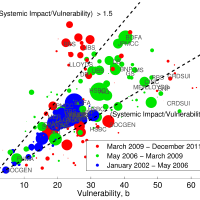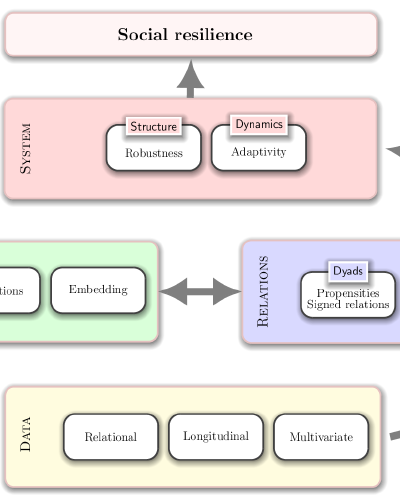Resilience
Resilience denotes the capacity of a system to withstand shocks and the ability to recover from them. Hence, it combines two different concepts: Robustness captures the structural and adaptivity the dynamic dimension of resilience.
Conversely, resilience cannot be reduced to notions of robustness or stability. Rigid systems in engineering or society can be quite robust against shocks, but once they fail, they never recover. Resilience addresses the recovery, i.e. the response after shock.
Resilience should also not be confused with performance. Quite often, performance is maximized at the cost of lowering of resilience. The burn-out of high-profile managers or the breakdown of just-in-time production illustrate the difference. Eventually, resilience is also different from flexibility. Agile response to trends and FOMO, the fear of missing out, can quickly lead to a loss of focus for our core business or our social values.
We want to understand how the two dimensions robustness and adaptivity play to together to constitute resilience as a systemic property. Our research is targeted at social and economic systems, the most challenging ones because of their very volatile dynamics. Examples include social organizations, collectives and project teams in companies. Differently from engineered or ecological systems, a resilient reference state cannot be defined because individuals join or leave and financial or supply relations change quickly.
To model such systems, we combine agent-based modeling and multi-layer network approaches. They allow to quantify the impact of agents and their relations, using massive data about the collaboration and communication of indiviudals or distribution relations between firms. Based on these information, we model the robustness and the adaptivity of socio-economic systems and propose a novel resilience measure combining these two dimensions.
Frank Schweitzer
Related Publications
Supply-chain vulnerabilities in critical medicines: A persistent risk to pharmaceutical security
Science - 2025

US tariffs jeopardize medicine supply chains
Science - 2025

Efficiency and resilience: Key drivers of distribution network growth
EPJ Data Science - 2024
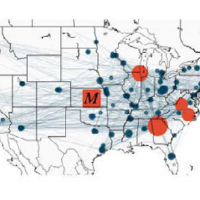
Detecting and Optimising Team Interactions in Software Development
PLOS One - 2024
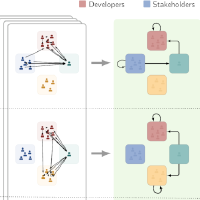
Disentangling the Timescales of a Complex System: A Bayesian Approach to Temporal Network Analysis
ArXiv Preprint - 2024
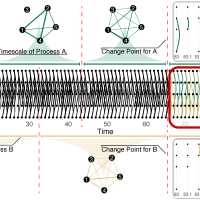
Adapting to disruptions: Managing supply chain resilience through product rerouting
Science Advances - 2024
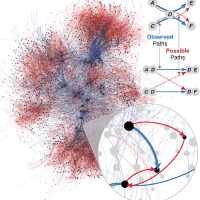
Struggling with change: The fragile resilience of collectives
Perspectives on Psychological Science - 2023
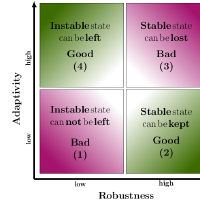
Modeling social resilience: Questions, answers, open problems
Advances in Complex Systems - 2022
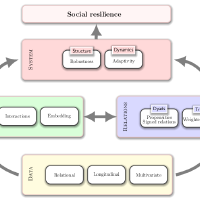
Group relations, resilience and the I Ching
Physica A - 2022
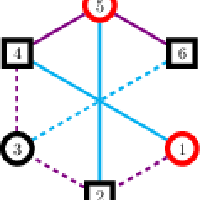
The downside of heterogeneity: How established relations counteract systemic adaptivity in tasks assignments
Entropy, 23(12), 1677 - 2021
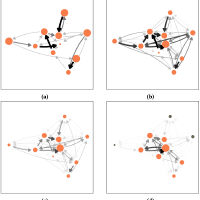
Quantifying the importance of firms by means of reputation and network control
Frontiers in Big Data - 2021
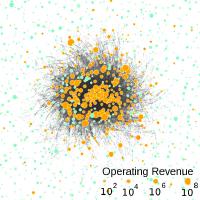
Fragile, Yet Resilient: Adaptive Decline in a Collaboration Network of Firms
Frontiers in Applied Mathematics and Statistics - 2021
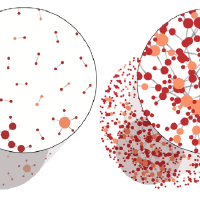
Modeling User Reputation in Online Social Networks: The Role of Costs, Benefits, and Reciprocity
Entropy - 2020
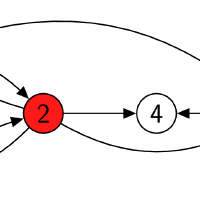
Intervention scenarios to enhance knowledge transfer in a network of firms
Frontiers in Physics - 2020
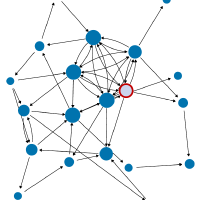
Improving the robustness of online social networks: A simulation approach of network interventions
Frontiers in Robotics and AI - 2020
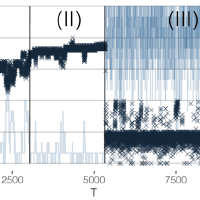
Probing the robustness of nested multi-layer networks
2019
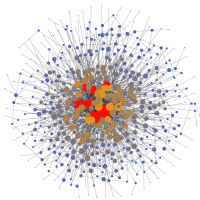
What is the Entropy of a Social Organization?
Entropy - 2019
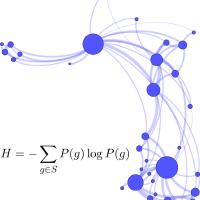
International crop trade networks: The impact of shocks and cascades
Environmental Research Letters - 2019
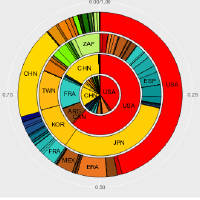
Efficient message passing for cascade size distributions
Scientific Reports - 2019
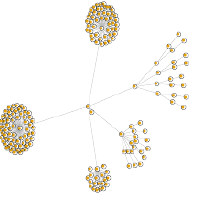
Social resilience in online communities: The autopsy of Friendster
2013
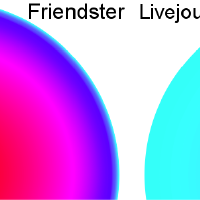
Resilience in Enterprise Social Networks
In Proceedings of Informatik 2013, 43. Jahrestagung der Gesellschaft für Informatik e.V. (GI), Informatik angepasst an Mensch, Organisation und Umwelt, 16. - 20. September 2013, Koblenz - 2013
